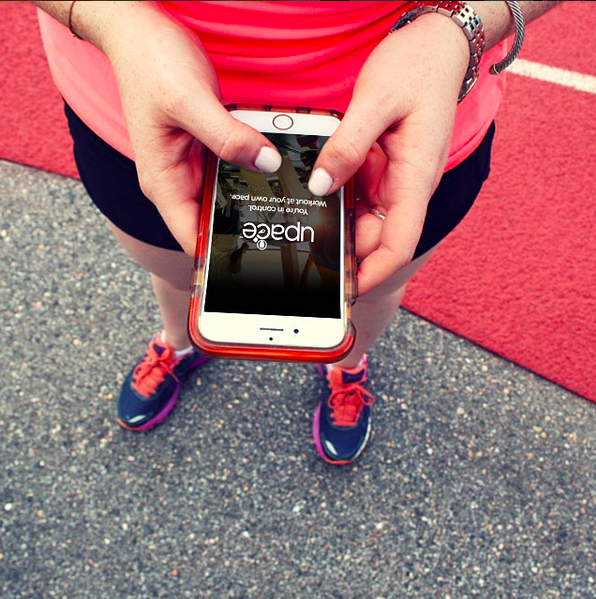“It’s kind of like a big puzzle,” upace founder Rachel Koretsky, 23, says of being a young entrepreneur in general and of dealing with university bureaucracy specifically.
Sure, upace is a fitness app, but it’s not yet another workout tracker.
Rather, upace is two-sided portal for university fitness centers and the students that use them — a downloadable mobile app for students that allows them to see the gym’s schedule and book classes or time on cardio machines, and a customizable web app where the fitness centers can organize all this information.
After its wider launch this past august (a pilot version was tested February through May at Koretsky’s alma mater, American University), upace is currently being used by three college campuses. The most recent client, this month, is Rutgers University.
We're busy ramping up for August 2016.
Currently based out of the American University incubator, upace targets new clients through some mixture of cold calling, student outreach (they have brand ambassadors on college campuses) and word-of-mouth opportunities such as conferences. New clients must sign a one-year contract with upace.
“Expanding is the No. 1 goal we’re working on currently,” Koretsky said. To this end, she admits that the long sales cycle is one of the biggest challenges that upace is facing. While for many the school year has just started, universities are already working out budgets for academic year 2016-2017. “We’re busy ramping up for August 2016,” Koretsky says, the date upace hopes to launch on another round of campuses.
Other goals for Koretsky and her team include considering whether to expand to non-university gyms, and what additional data reporting capabilities a future upace might offer university fitness centers.
“There are always a lot of moving parts,” Koretsky admits. But luckily the recent graduate with a degree in business administration, a minor communications and a certificate in leadership is passionate about this particular puzzle.
“I love getting up in the morning and being able to work on this project,” she said.
Before you go...
Please consider supporting Technical.ly to keep our independent journalism strong. Unlike most business-focused media outlets, we don’t have a paywall. Instead, we count on your personal and organizational support.
Join our growing Slack community
Join 5,000 tech professionals and entrepreneurs in our community Slack today!

Entrepreneurship is changing, and so is the economic development behind it

Tech Hubs’ new $210M funding leaves Baltimore and Philly off the table

Here’s what to know before using AI to craft your brand’s social media posts

